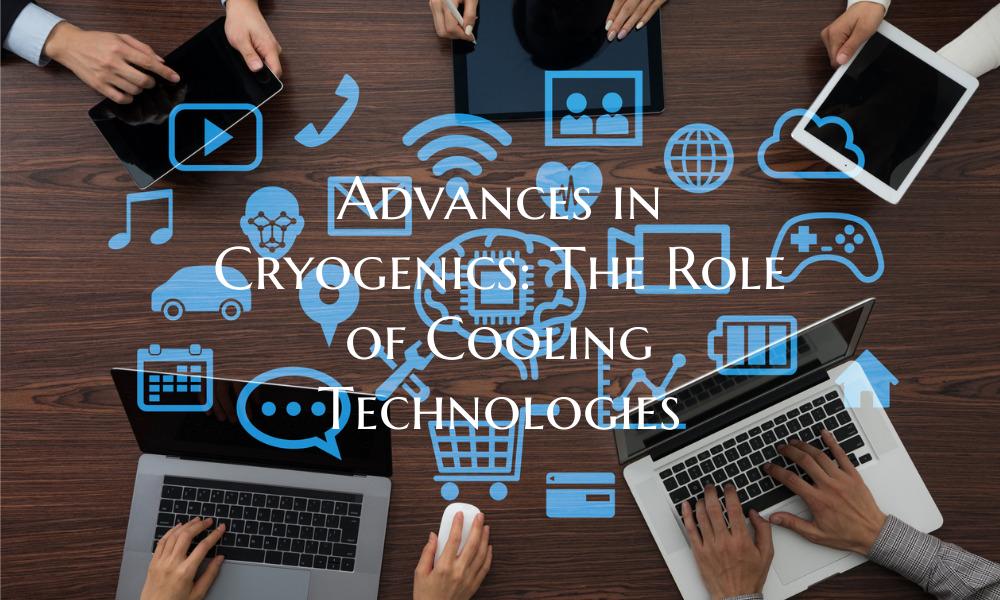Advances in Cryogenics: The Role of Cooling Technologies
Cryogenics, the branch of physics that deals with the production and effects of very low temperatures, has seen significant advancements in recent years, particularly in the development of cooling technologies. These advancements have enabled breakthroughs in various fields including healthcare, food storage, air transportation, and scientific research.
One of the key roles that cooling technologies play in cryogenics is enabling the storage and transportation of materials at extremely low temperatures. This is crucial in industries such as healthcare, where biological samples, organs for transplants, and vaccines need to be preserved at cryogenic temperatures to maintain their viability. Advanced cooling technologies such as cryocoolers and cryogenic refrigerators have made it possible to store these sensitive materials for long durations while keeping them in optimal condition.
In the field of scientific research, cryogenics and cooling technologies are essential for research in areas such as physics, chemistry, and materials science. Superconductivity, a phenomenon that occurs at ultra-low temperatures, is a key area of study that relies on cryogenic cooling to achieve and maintain the necessary conditions. Cryogenic cooling systems, such as liquid nitrogen and helium coolants, are used to achieve temperatures close to absolute zero, enabling the study of quantum mechanics and the development of new materials with unique properties.
Furthermore, cooling technologies in cryogenics are playing a vital role in advancing the aerospace industry. Cryogenic fuels, such as liquid hydrogen and oxygen, are utilized in rockets and spacecraft propulsion systems. The efficient cooling and storage of these fuels are crucial for the success of space missions, making cooling technologies a linchpin in the advancement of space exploration.
In the field of food storage, cryogenic cooling technologies are being utilized to extend the shelf life of perishable goods and maintain the quality of food products. Flash freezing techniques, which involve rapidly cooling food items to very low temperatures, have revolutionized the food industry by preserving nutrients, flavors, and textures of food while extending their storage life.
Overall, the continuous advancements in cooling technologies have significantly expanded the possibilities and applications of cryogenics in various industries. From enabling breakthroughs in scientific research to enhancing healthcare solutions and revolutionizing food storage techniques, cooling technologies are at the forefront of driving progress in the field of cryogenics. The synergy between cryogenics and cooling technologies continues to pave the way for innovations that have the potential to shape the future of multiple industries and propel scientific discoveries to new heights.

